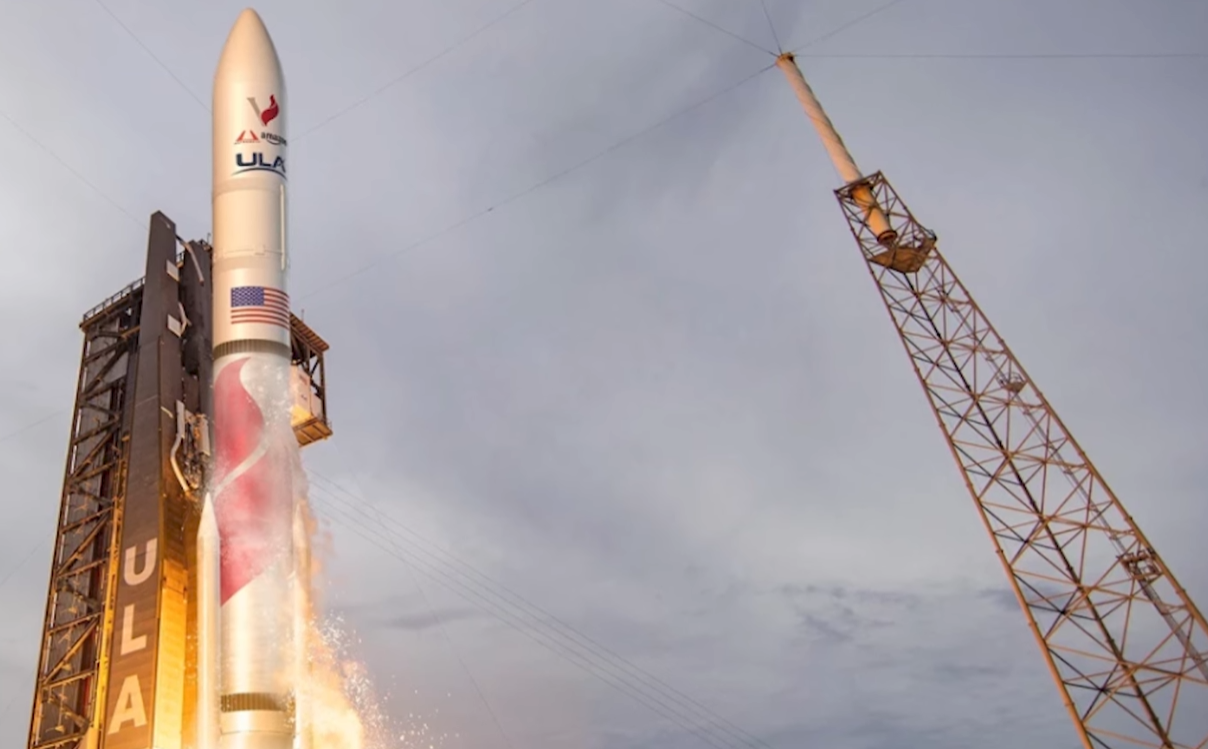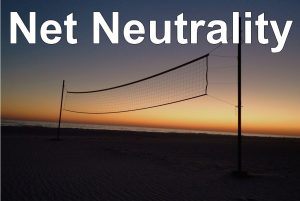
Amazon’s Project Kuiper, a grand vision of a low Earth orbit broadband constellation, is moving closer to reality as the company announces its plans to launch the first pair of prototypes this fall. The deployment was initially scheduled to take place on the maiden flight of United Launch Alliance’s (ULA) Vulcan Centaur rocket. However, due to delays, Amazon has switched to using ULA’s Atlas 5 rocket to avoid any further setbacks and ensure timely progress.
Named KuiperSat-1 and KuiperSat-2, these test satellites are now set to take flight as early as September 26 on the dedicated Atlas 5 rocket. This decision reflects Amazon’s determination to adhere to its ambitious launch schedule and push forward with the broadband constellation plans.
Amazon’s commitment to Project Kuiper is evident through its substantial investment in launch contracts with various rocket developers. The company has ordered nine Atlas 5 and 38 Vulcan rockets from ULA, showcasing its dedication to ensuring the successful deployment of the satellite constellation. Furthermore, Amazon is working in collaboration with Arianespace and Blue Origin on the development of other launch vehicles, emphasizing the magnitude of their ambitions in space.
The urgency to deploy the constellation arises from regulatory deadlines set forth by the Federal Communications Commission. Amazon faces the requirement to deploy half of the proposed 3,236 satellites by July 2026, and the rest within the following three years. To meet these deadlines and facilitate the deployment process, Amazon plans to establish a satellite processing facility at NASA’s Kennedy Space Center in Florida. Spanning an impressive 31,000 square meters, this facility is expected to be operational by early 2025, significantly contributing to the efficient ramp-up of satellite deployment operations.
With these strategic partnerships, extensive launch contracts, and proactive measures to meet regulatory requirements, Amazon’s commitment to Project Kuiper remains unwavering. The company’s vision for a low Earth orbit broadband constellation is not only ambitious but also one that could revolutionize internet connectivity and bridge the digital divide for underserved communities across the globe. As we approach the commercial satellite launches next year, all eyes are on Amazon and its progress in turning this ambitious project into a tangible reality.





